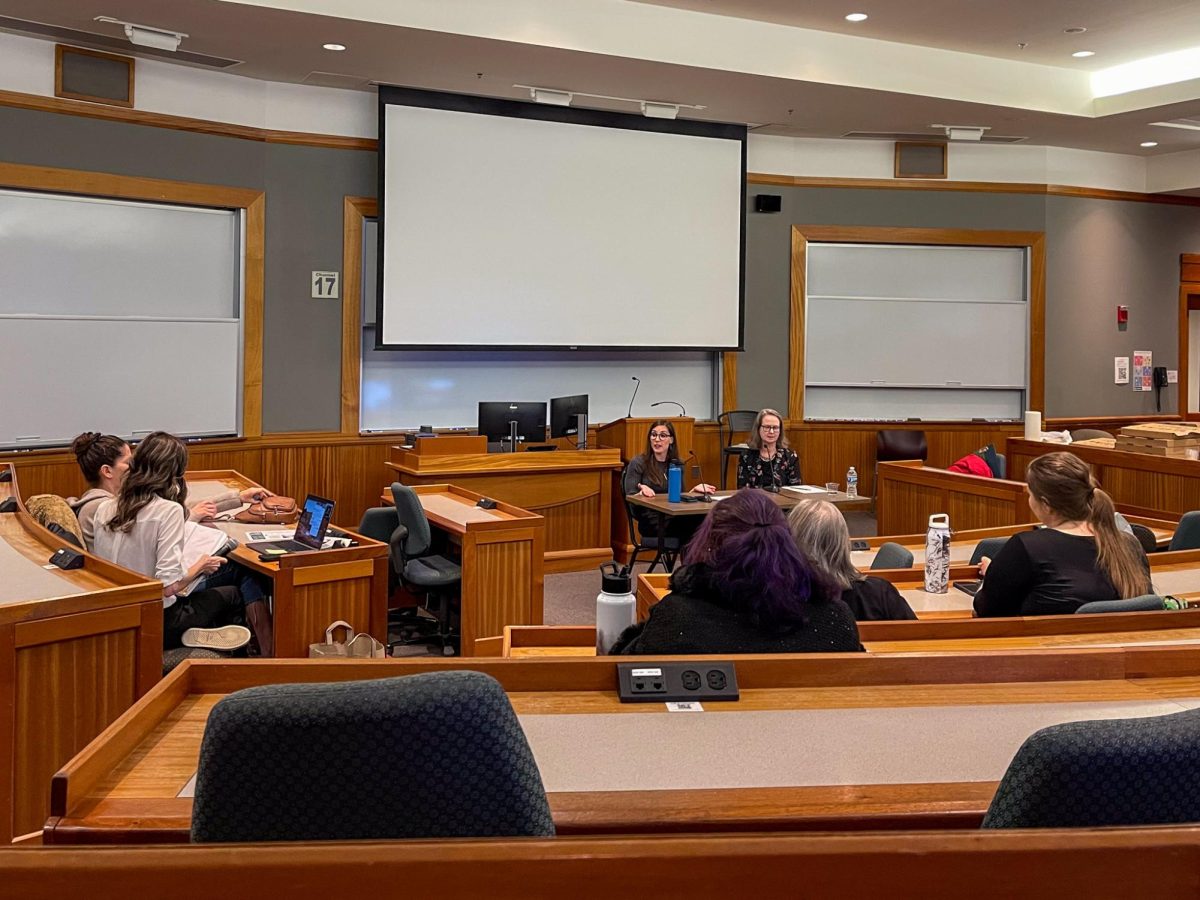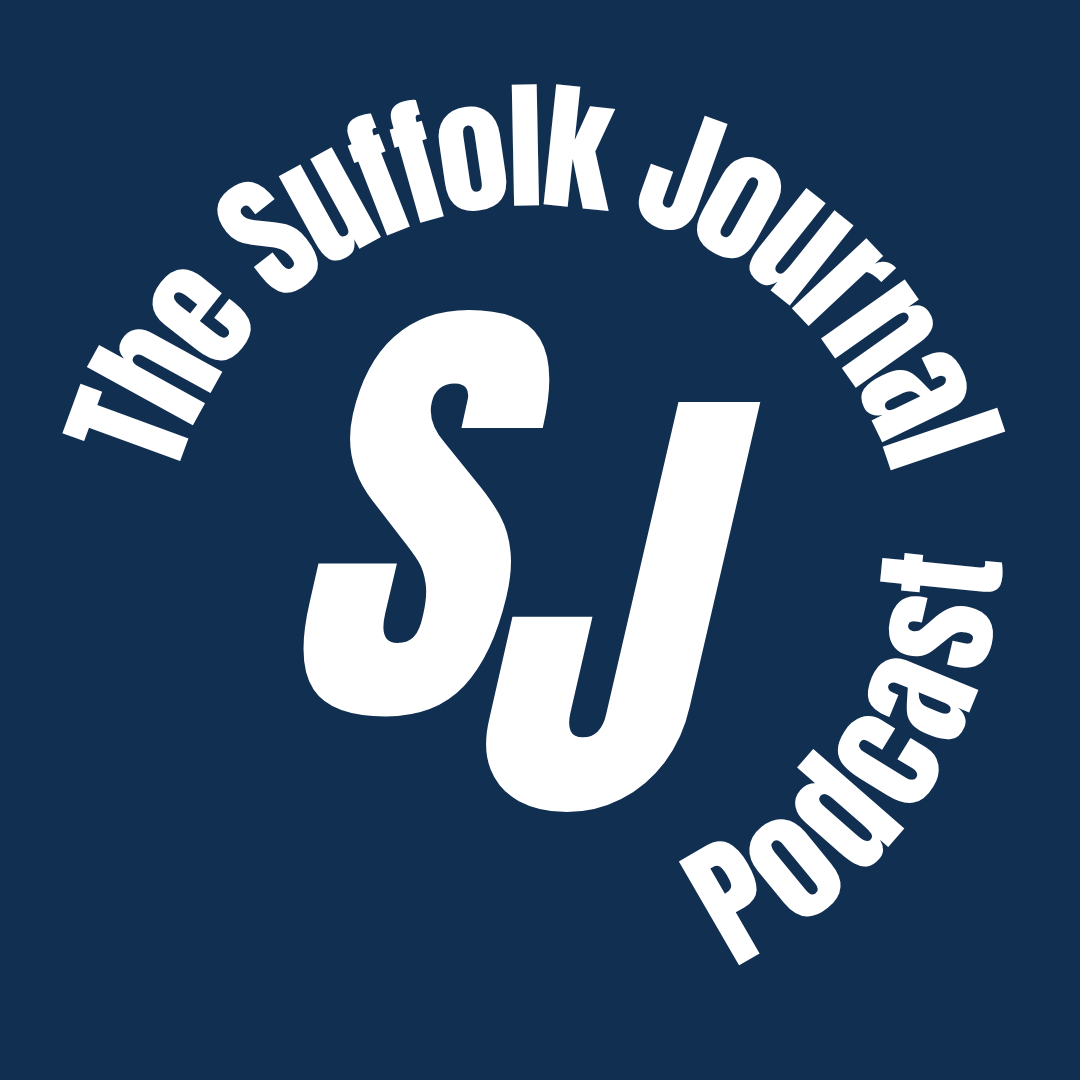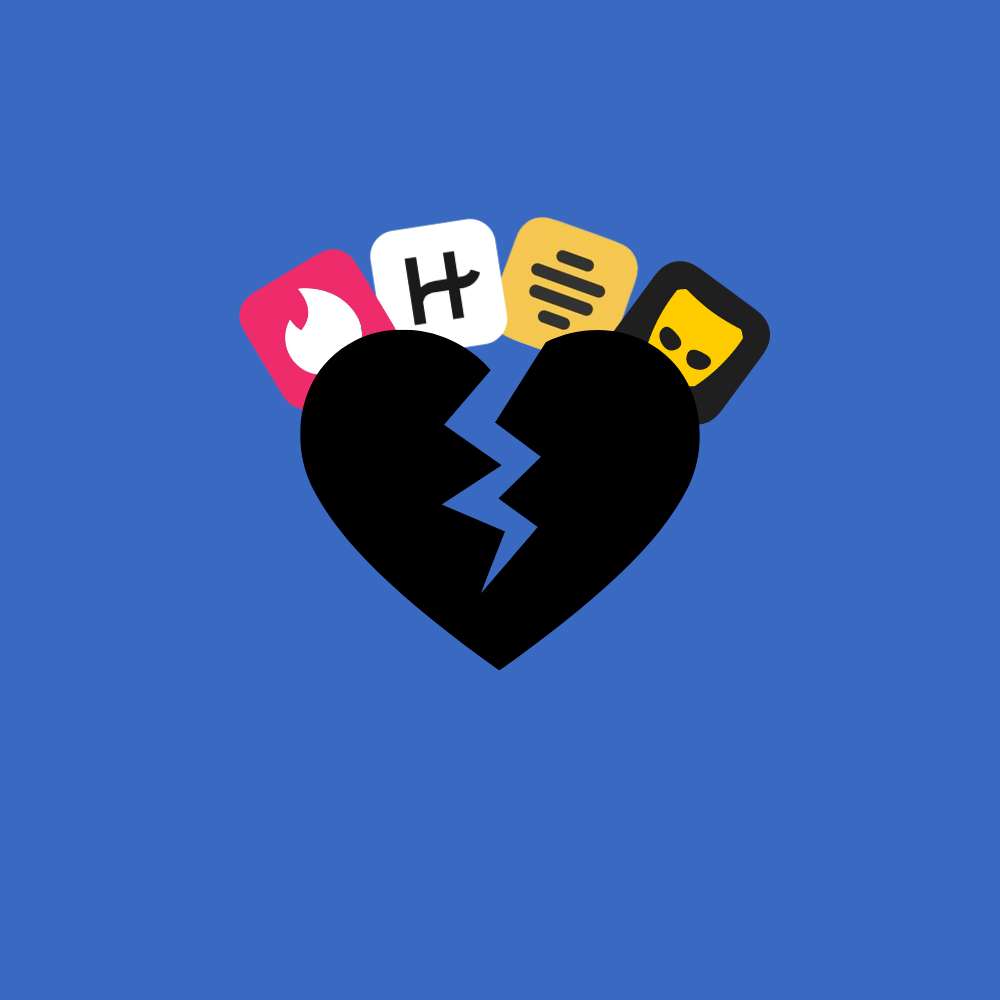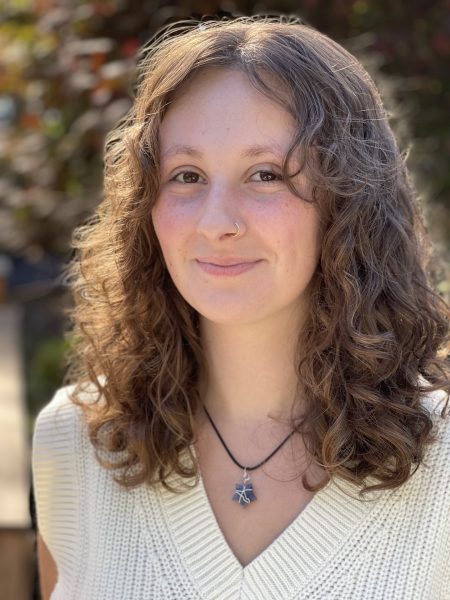Misinformation and lack of scientific literacy have become pressing social and political issues in the United States in recent years. In response, Dr. Andrea Love, an immunologist and microbiologist, has worked and advocated for early scientific literacy and promoting a better understanding of science and health.
Love came to Suffolk University March 27 for a conversation with students about this topic. “Science & Reproductive Rights: How Combating Misinformation and Improving Scientific Literacy Empowers the Fight for Reproductive Justice” was moderated by Dr. Patricia Hogan, associate professor emerita of environmental science and chemistry at Suffolk.
Since Donald Trump retook office Jan. 20, there has been a plethora of executive orders that have posed changes and threats to science and healthcare, specifically as it pertains to reproductive care, LGBTQ+ healthcare and other minority groups’ accessibility to care.
One of over 100 executive orders signed by Trump eliminates Diversity, Equity and Inclusion initiatives. “Ending Radical and Wasteful Government DEI Programs and Preferencing,” signed Jan. 20, 2025, was the first of the restrictions on DEI programs and positions. Acting Director of the Office of Management and Budget Matthew Vaeth released a memo Jan. 27 that temporarily paused funding to programs that support “wokeness.”
Across the country, scientific research and programs were halted as a result of the order. Love said shutting down these programs would eventually impact every area of healthcare.
“We’re seeing and this is going to trickle down to pretty much every field of science, and it’s going to start with halting funding, halting projects, reducing the ability to develop therapeutic innovations that’s going to worsen health outcomes and that’s going to lead to systemic disruptions. I hate to sound too dour, but it can be catastrophic,” said Love.
Love said that targeting DEI programs is removing the ability to study the human race population as a whole.
“If we stop including a representative population in clinical research. Because, well, we can’t be diverse. We can’t have women in there; we can’t have LGBTQ people in this study because, well, now we’re being too woke. Well, now you’re not going to have a robust sample size to actually do anything with those studies,” said Love.
There is a new trend of politically informed science, which Love said leads to more pseudoscience and conspiracies, as well as draws attention to the lack of scientific literacy that exists in the U.S.. Twenty-eight percent of Americans are considered “civically scientifically literate,” according to Love, and this includes politicians. Love talked about how this leads to policies being made that are not backed by any scientific evidence.
“It creates this disinformation ecosystem where people who are merely just living their lives and something happens and now they have a health issue that they need to understand better and make an informed decision about, can’t make an informed decision because they don’t have access to factual information,” said Love.
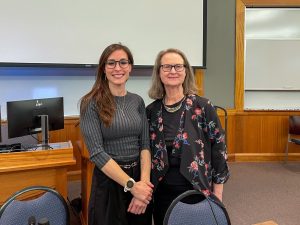
Reproductive health care has become one such topic of misinformation, restricting policies and social and political debate. Love said the impact of misinformation has resulted in the idea of autonomy and control being taken away from people seeking abortion care, sex education, birth control and other forms of reproductive health care.
“There should be no circumstance in which someone has to endure a pregnancy that is unwanted and their reason for not wanting it could be anything, because it is their human right to make those choices for themselves,” said Love.
The fight for legal, equitable reproductive health care has been a long battle that has taken steps backwards in recent years. After the Supreme Court’s overturning of Roe v. Wade in 2022, 19 states have restricted or banned abortion and other reproductive health care.
The laws around restrictions are vague, and in turn, this causes medical providers to be more hesitant with the care they are providing patients. In some states with abortion restrictions, medical providers who do not comply with new policies have been threatened with jail time, loss of medical licenses and more.
“The people that are obviously going to be most disproportionately impacted are the people that don’t have financial resources, that are very heavily dependent on community health organizations, community hospitals, and those are going to be the ones that are going to be most impacted by a lot of this bureaucratic red tape,” said Love.
Planned Parenthood is an organization that works nationally to provide education, resources and medical services and more for all people. However, Trump is expected to defund around $20 million in grant funding due to the organization’s promotion of diversity, equity and inclusion – values that are no longer supported by the federal government under the executive order.
Love said that the more politicians get involved with medical practices, the worse it will be for the people receiving care.
“It’s politicians practicing medicine without a license and the immediate consequences that people are going to die unnecessarily,” said Love.
The U.S. is operating a dysfunctional healthcare system, according to Love.
“Right now, in the U.S., we should not be in a conversation where we’re now being likened to developing nations that don’t have healthcare infrastructure. We have the healthcare infrastructure. People are just being denied it,” said Love.
Love has spent much of her career combatting assumptions around health and giving people accurate information. Even beyond reproductive healthcare, the conversation around health and science as a whole has become a topic of controversy in recent years, with medical news often misinterpreted by headlines or on social media.
During the conversation event with Love, she pointed out the example of headlines reading “toxic chemical found in something new” and how the studies that these are most likely based on are not from the perspective of human toxicity or even levels that would impact a person.
“A petri dish is not a person. You have a lot more complexity to that. And almost every single study that’s being cited by news headlines now are animal studies or petri dish studies, and they do not represent reality, but they drive clicks,” said Love.
When thinking about health, what is considered “healthy” is a complex question. Love acknowledged the stress that comes with not being in control of one’s health and how this can feed into pseudoscience and other health and diet culture misinformation.
“Agonizing over food labels [is] only going to increase your stress, and stress is actually not good for your health,” said Love. You know, those things are actually not having a tangible impact on your health, and we should focus on the big picture things and try to reduce stress; it’s stressful enough.”
With all of the overlapping messages, information, opinions and influx in policies and executive orders, Love was asked, “what can we do about it?”
The answer is you can’t, she said. There’s too much going on in the scientific and political world for every person to know and understand the details of each important topic. Love’s advice: find one area that you are passionate about and learn about it. Learn what is being spread about the topic, what is the truth and advocate for what should happen – however that looks to each individual.
“We have to take up space, even if we feel like we have no control, because we’re not billionaires and we don’t control the information ecosystems. The more voices that are out there, the louder they will become,” said Love.


